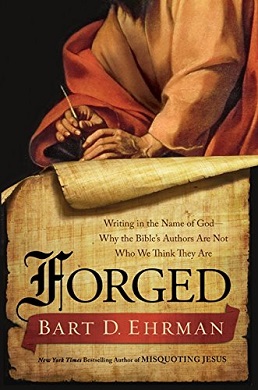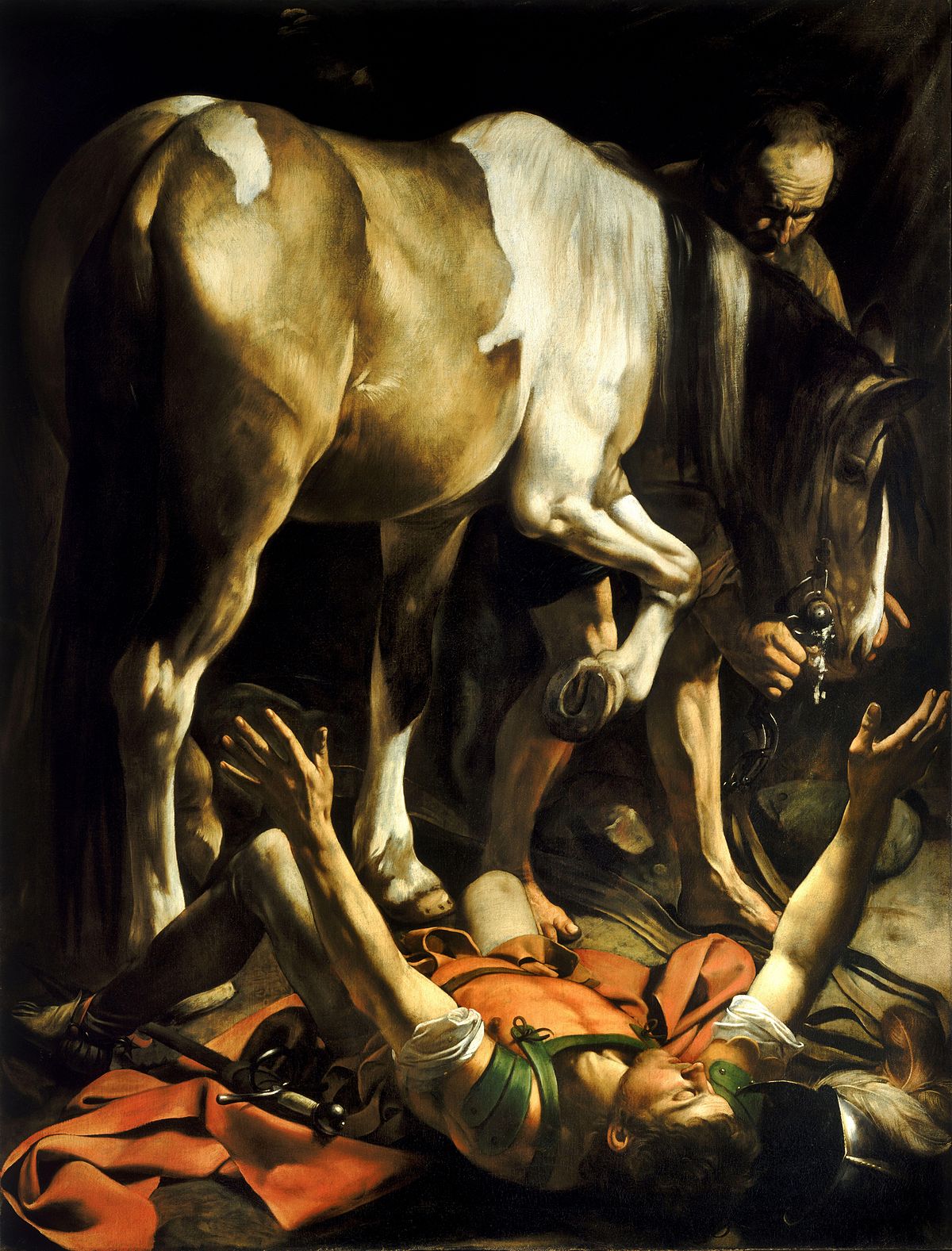Aren't there several independent references to Paul and his mission? Clement, Ignatius, Eusebius, etc....?
There are several independent references to Batman.
https://en.wikipedia.org/wiki/List_of_Batman_creators
Clement, et al, had no apparent reason to make up a 'Paul' to justify a Jesus fabrication. How far can this web of conspiracy go, that Clement and the rest were also fabrications? That whoever fabricated Jesus, Paul, Clement, Ignatius, Eusebius, et al, is someone elses fabrication? Where does it stop? Solipsism?
It stops at the point where we accept that it's all speculation. We know basically bugger all about the people of the first century CE, unless they left significant archaeological evidence, which very few did; Certainly not Jesus, who frankly could have been pure fiction, or based on a real person, but who either way didn't perform miracles or rise from the dead.
For the rest, anyone unwilling to accept the bleeding obvious fact that they don't KNOW, cannot be trusted to reach useful conclusions.
The fact remains that not only can we not know whether either Paul or Jesus were real; I also doesn't matter one whit to anything in the modern world other than being a trivial contribution to the counterfactual beliefs of around a billion people who call themselves Christians, most of whom are in rabid disagreement about almost everything with most of the other Christians, much less the rest of humanity.
Wasting one's time on drivel is a perfectly good choice for an adult to make in a free society, but we shouldn't condone their wish to inspire others, particularly impressionable children, to similarly waste any part of their lives on this crap.
The Jesus stories have been done to fucking death. It's time to move on to something more interesting. We've wasted over a millennium of the best minds in history on this nonsensical trivia about a set of tall tales. How about maybe we stop doing that now?






